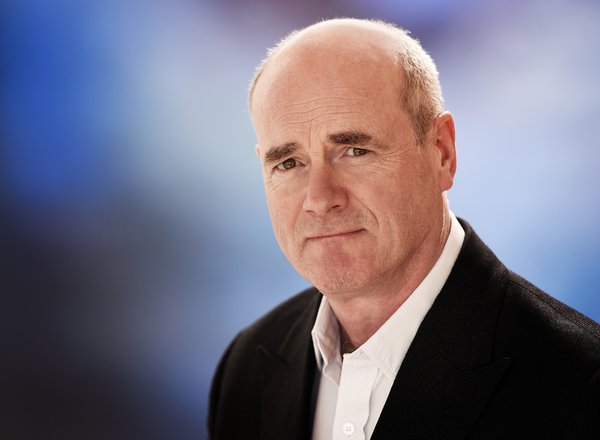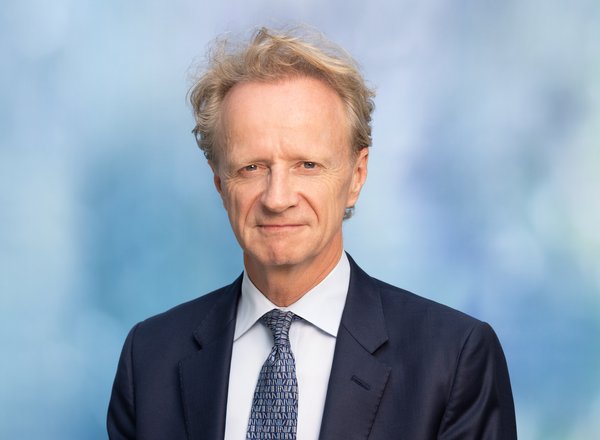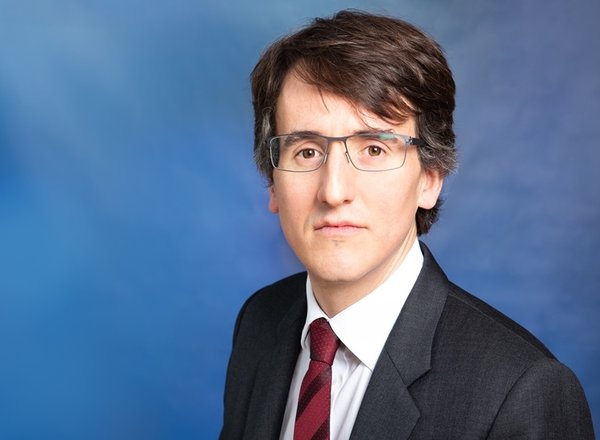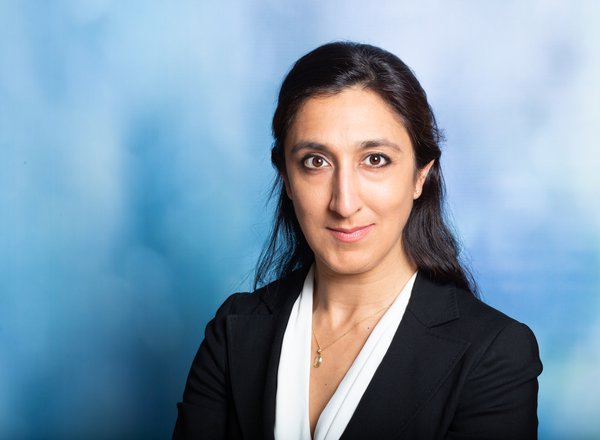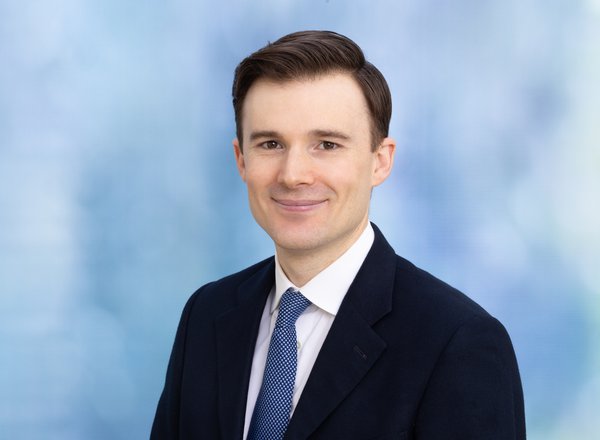The European Court of Human Rights holds Russia accountable for widespread and flagrant abuses of human rights arising from the conflict in Ukraine.
The Grand Chamber of the European Court of Human Rights has given judgment in a series of inter-state cases brought by Ukraine and The Netherlands against Russia.
The cases concerned the conflict that began in eastern Ukraine in 2014 following the arrival in the Donetsk and Luhansk regions of pro-Russian armed groups, and escalated after Russia’s full-scale invasion of Ukraine beginning on 24 February 2022. It also concerned the shooting down of flight MH17 over eastern Ukraine on 17 July 2014, killing all those on board, many of whom were Dutch nationals.
Ukraine alleged repeated violations of human rights by Russia, while the Kingdom of the Netherlands alleged violations of the Convention by Russia, as a result of the downing of flight MH17.
The Court held unanimously that it had temporal jurisdiction in respect of events which took place before 16 September 2022, on which date Russia ceased to be a party to the European Convention on Human Rights.
The Court found that Russia had had jurisdiction, giving rise to Convention obligations, in respect of the territory that it had occupied in Ukraine. It also concluded, unanimously, that Russia had exercised authority and control over individuals affected by its military attacks across Ukraine and that these individuals had therefore been within its jurisdiction. In terms of attribution the Court held that Russia was responsible for all acts and omissions of the Russian military and of the separatist entities in eastern Ukraine.
The Court underlined that the nature and scale of the violence in Ukraine and what it described as the ominous statements from Russia concerning Ukraine’s right to exist had threatened peace in Europe. It noted that: “In none of the conflicts previously before [it had] there been such near universal condemnation of the ‘flagrant’ disregard by the respondent State for the foundations of the international legal order established after the Second World War.”
The Court found that between 11 May 2014 and 16 September 2022, Russia had engaged in systematic violations of the Convention including Articles 2 (right to life), 3 (prohibition of torture, inhuman or degrading treatment), 4 § 2 (prohibition of forced labour), 5 (right to liberty and security), 8 (right to respect for private and family life), 9 (freedom of thought, conscience and religion), 10 (freedom of expression), 11 (freedom of assembly and association), 13 (right to an effective remedy) and 14 (prohibition of discrimination) of the European Convention and Articles 1 (protection of property) and 2 (right to education) of Protocol No. 1 to the Convention.
The Court described Russia’s actions as “an unprecedented and flagrant attack on the fundamental values of the Council of Europe and the object and purpose of the Convention” (§349).
In relation to The Netherlands’ application relating to flight MH17, the Court held unanimously that Russia had violated Articles 2, 3 and 13 of the Convention.
The Court also held unanimously that Russia had failed to comply with its obligations under Article 38 of the Convention, which requires Contracting Parties to furnish the Court with all necessary facilities for the examination of a case.
The Court has adjourned consideration of the question of just satisfaction.
Tim Otty KC, Tom Richards KC, Naina Patel KC, Jason Pobjoy KC, George Molyneaux, Isabel Buchanan and Natasha Simonsen of Blackstone Chambers acted for the Government of Ukraine (together with Ben Emmerson KC and Lord Verdirame KC and other members of Twenty Essex Chambers), instructed by Quinn Emanuel Urquhart & Sullivan UK LLP.
Sir James Eadie KC and Paul Luckhurst acted for the UK Government, which intervened in the proceedings.
The Court’s judgment is available here and its press release is available here.

